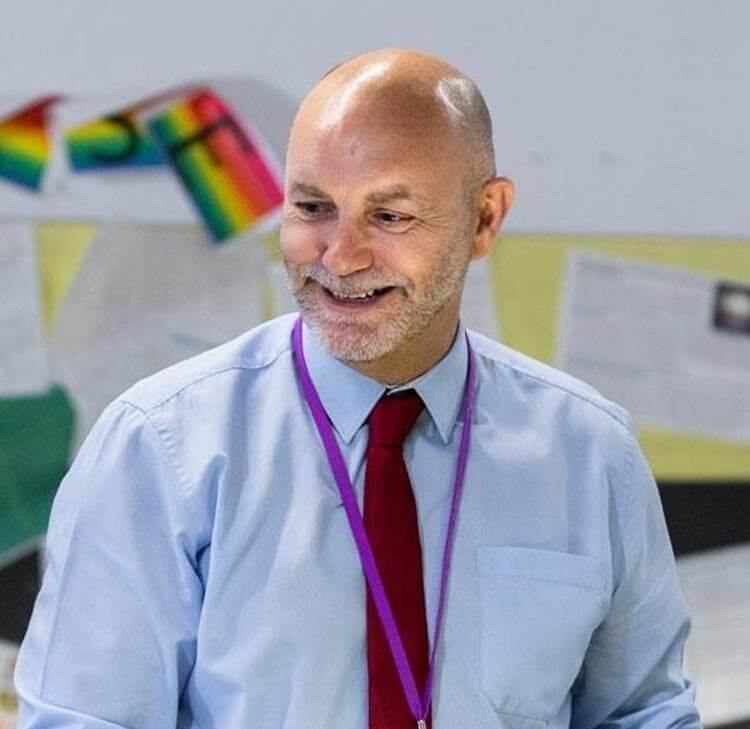The School Teachers’ Review Body (STRB) has recommended a pay rise of 'close' to 4 per cent for teachers. This is 1.2 per cent higher than the recommended pay rise suggested by the government.
The proposed pay rise is likely to be unfunded, with schools being informed that they would have to find additional sums to cover at least part of it.
Teaching unions to fight for a funded pay rise
The above is likely to result in increased tension with the teaching unions, potentially leading to their members taking strike action. Two of the largest teaching unions, the NEU and NASWT, have already indicated that they will formally ballot their members for strike action should the government fail to offer a fully funded pay rise.
This will lead to disruption within schools, and further financial pressures on schools having to manage any strike action taken by their employees who are union members.
Significant financial pressure
With schools already being under significant financial pressure due to other factors, such as the increased national insurance contributions and the availability of additional funding to cover increased costs, having to find additional sums to cover part of teachers’ pay rises is likely to result in difficult decisions being made with regards to their practices.
In the Department of Education’s (DfE) school costs: technical note, it was confirmed that the DfE expects school funding to rise by 4.3 per cent, whilst costs will rise by 3.6 per cent.
Due to this, schools may have to look for more cost-efficient ways to manage the financial budget, which could include recruitment freezes and/or potential restructuring and redundancies.
Recruitment and retention
This may ultimately contribute to the already significant retention and recruitment crisis within the profession, impact on staff morale due to potential increases in workload due to the efficiencies being made and/or difficult decisions having to be made by the schools in terms of additional resources in an attempt to balance the books.
The DfE has stated that schools “were not alone” in their efforts to better manage their spending and will be developing a “suite of productivity initiatives” including “commercial support” to help schools navigate the financial challenges they are likely to face.
However, this is unlikely to be sufficient to mitigate the significant changes that schools are likely to have to make to support any increases in teachers’ wages if the pay increase is unfunded and the detrimental impact an unfunded pay rise is likely to have on the wider education sector.
This matter is likely to be ongoing for months to come, with the unions making it clear that an unfunded pay rise is likely to be unacceptable to their members and Prime Minister Keir Starmer stating that the government would look at the STRB’s recommendations with a response in “due course”.
Contact

Heather Mitchell
Partner
heather.mitchell@brownejacobson.com
+44 (0)20 7871 8511

Alicia Pimblett
Principal Associate
alicia.pimblett@brownejacobson.com
+44 (0)330 045 1313







































